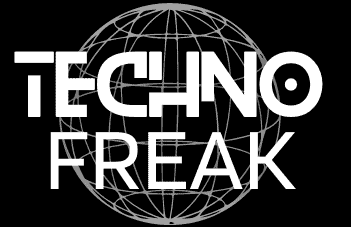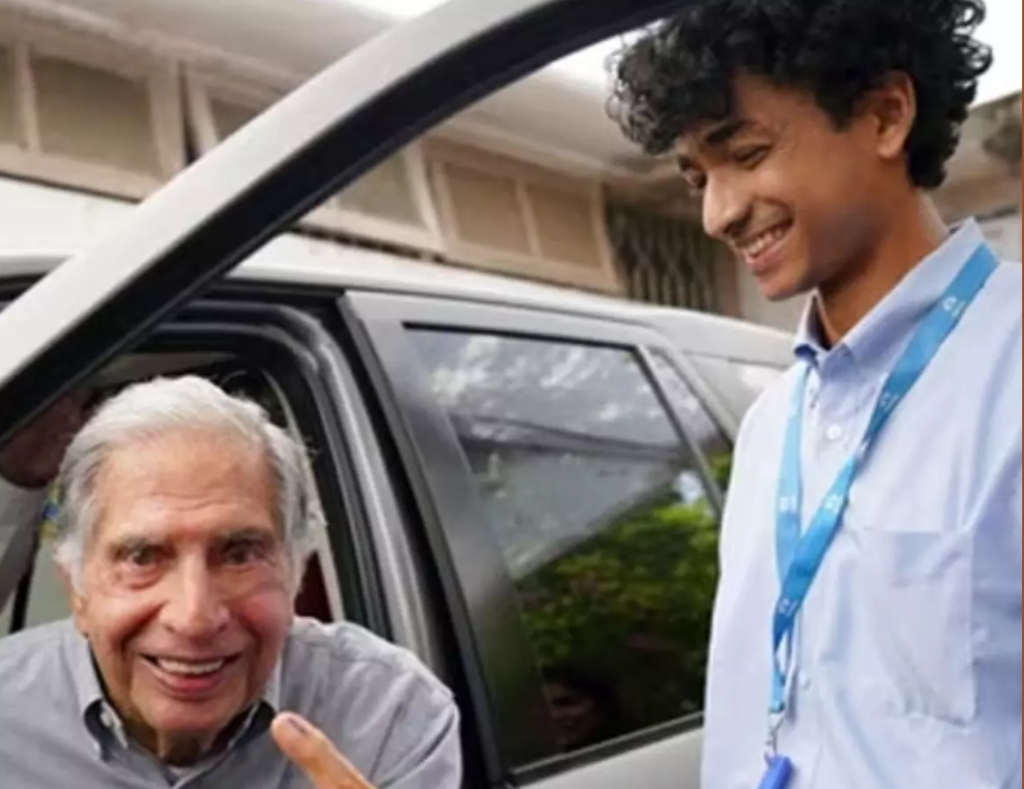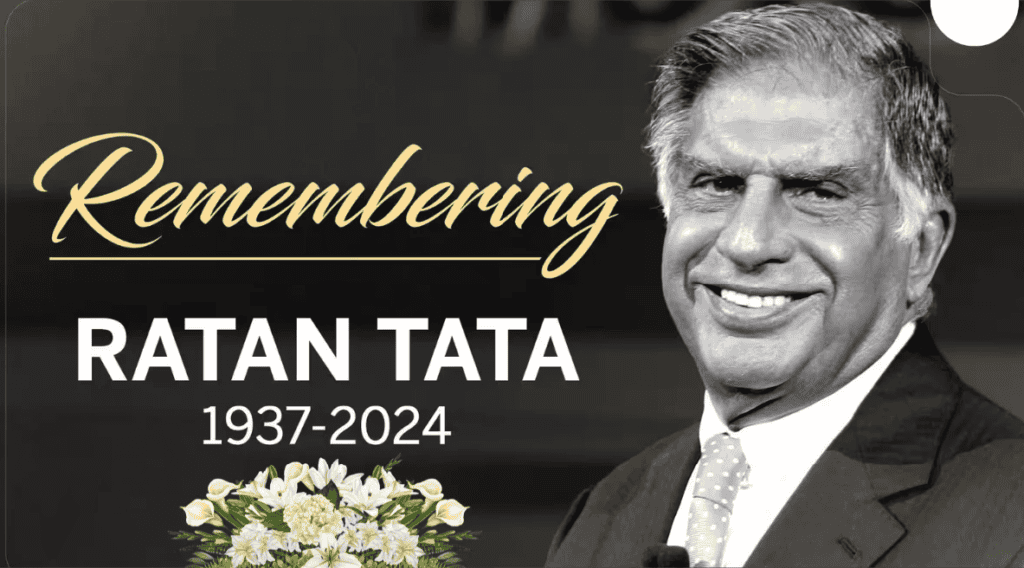Ratan Tata’s Life After Retirement: Continuing Influence and Lasting Legacy
Ratan Tata’s Life After Retirement and Legacy Introduction Ratan Tata, the visionary leader who transformed the Tata Group into a global conglomerate, retired from active leadership in December 2012. His retirement marked the end of an era but was by no means the end of his influence or contributions. This article delves into Ratan Tata’s life after retirementhis continued involvement with the Tata Group, his interests, philanthropic endeavors, and his lasting legacy. Transition from Active Leadership to Retirement Ratan Tata’s transition from activeleadership was meticulously planned. After leading the Tata Group for over two decades, he passed the baton to his successor, Cyrus Mistry. While stepping down from his executive role, Ratan Tata continued to hold the title of Chairman Emeritus of Tata Sons,allowing him to remainconnected with the group he had nurtured and transformed. His retirement was not a retreat from the corporate world but a transition into a different phase of involvement. Ratan Tata’s wealth of experience and strategic acumen continued to be invaluable to the Tata Group and other enterprises he supported. PostRetirement Activities Even after retirement, Ratan Tata remained actively involved with the Tata Group as Chairman Emeritus. In this advisory role, he provided guidance on critical issuesand major strategic decisions, ensuring the group’s continued adherence to its core values ofintegrity, innovation, and social responsibility. His wisdom and counsel have been instrumental in navigating the Tata Group through subsequent challenges and opportunities. Apart from his continued association with the Tata Group, Ratan Tata ventured into the world of venture capital investments. He invested in several startups, both in India and globally, through his investment firm RNT Associates. His keen eye for innovation and potential has led him to support numerous tech startups, including Ola, Paytm, and UrbanClap. Ratan Tata’s involvementin these ventures goes beyond financial support; he also provides mentorship and strategic adviceto budding entrepreneurs, drawing from his vast reservoir of business acumen. Personal Interests and Philanthropy Ratan Tata’s life after retirement also allowed him to indulge in his personal hobbies and interests. An avid lover of cars and aviation, he pursued these passions with renewed vigor. He has often been spotted at various automobile events,showcasinghis impressive collection of classic and luxury cars. Additionally, his interest in aviation is well-known, having piloted aircraft himself and supported aviation-related initiatives. Philanthropy has always been a cornerstone of Ratan Tata’s life.His commitment to social causes only intensified after retirement.Through Tata Trusts,one of India’s oldest and most respected charitable organizations,Ratan Tata has continued to champion initiatives in education,healthcare, and rural development. His philanthropic efforts have aimed to uplift marginalized communities and create a more equitable society. One of his significant contributions to philanthropy postretirement is the Tata Trusts’ initiative to improve cancer care in India. Recognizing the need for accessible and affordable cancer treatment, Ratan Tata has supported the establishment of cancer care facilities and research centers across the country. His vision is to make quality healthcare accessible to all, regardless of socio-economic status. Legacy and Influence Ratan Tata’s legacy is indelibly etched in the annals of Indian industry and beyond. His influence extends far beyond the Tata Group, shaping the broader business landscape with his principles of ethical leadership, innovation, and social responsibility. The values he instilled continue to guide the Tata Group’s strategic direction and corporate culture. Ratan Tata’s contributions have been recognized globally, earning him numerous accolades and awards. In 2008, he was awarded the Padma Vibhushan, India’s second highest civilian honor, for his exceptional service to the nation. In 2010, he received the Knight Commander of the Order of the British Empire (KBE) for his significant impact on UK-India relations, particularly through Tata Group’s investments in British companies like Jaguar Land Rover. His influence is not confined to business and philanthropy alone.RatanTata has been an advocate for ethical governance and corporate transparency. His emphasis on ethical conduct and accountability has set a benchmark for Indian businesses, inspiring a generation of leaders to prioritize integrity over profits. Ratan Tata’s mentorship has also had a lasting impact. He has nurtured and guided numerous business leaders who continue to uphold the values and principles he championed. His approach to leadership,characterized by humility, resilience, and a forwardthinking mindset, serves as a model for aspiring leaders worldwide. Conclusion Ratan Tata’s life after retirement is a testament to his unwavering commitment to making a positive impact on society. His continued involvement with the Tata Group, strategic investments in startups, and relentless pursuit of philanthropic initiatives underscore his enduring influence and legacy. Ratan Tata’s journey from a visionary business leader to a mentor and philanthropist exemplifies the power of ethical leadership and social responsibility. His legacy is not just reflected in the global success of the Tata Group but also in the countless lives he has touched through his philanthropic endeavors. As we reflect on his contributions, it is clear that Ratan Tata’s impact will resonate for generations to come, inspiring future leaders to uphold the values of integrity, innovation, and compassion in their pursuits.









